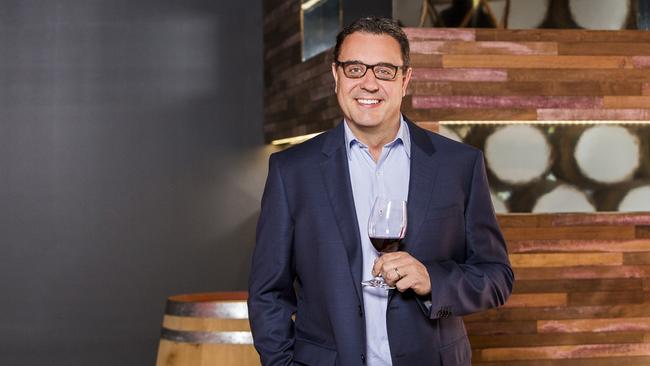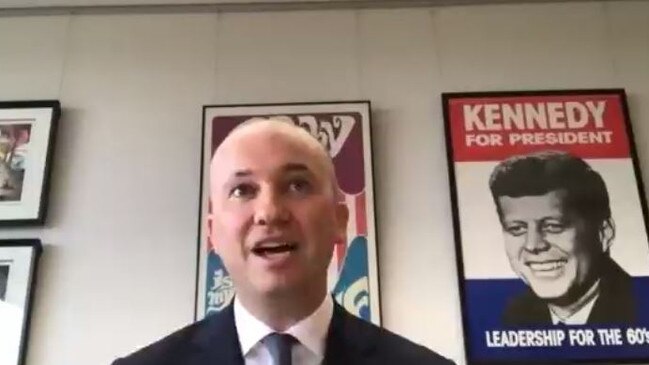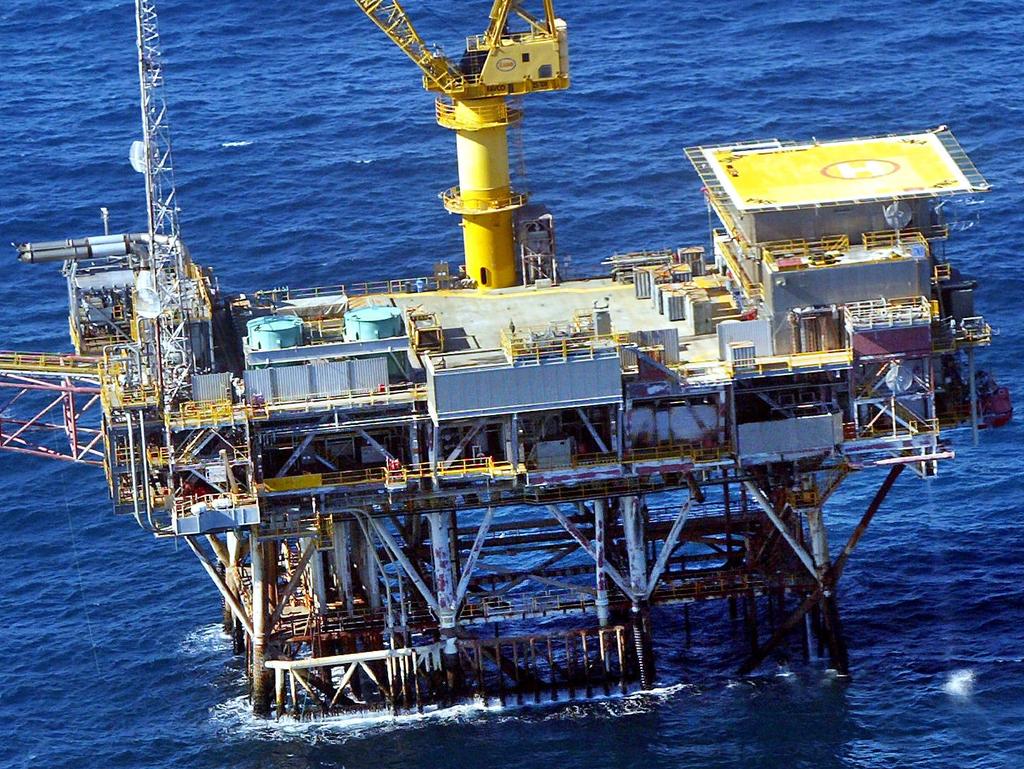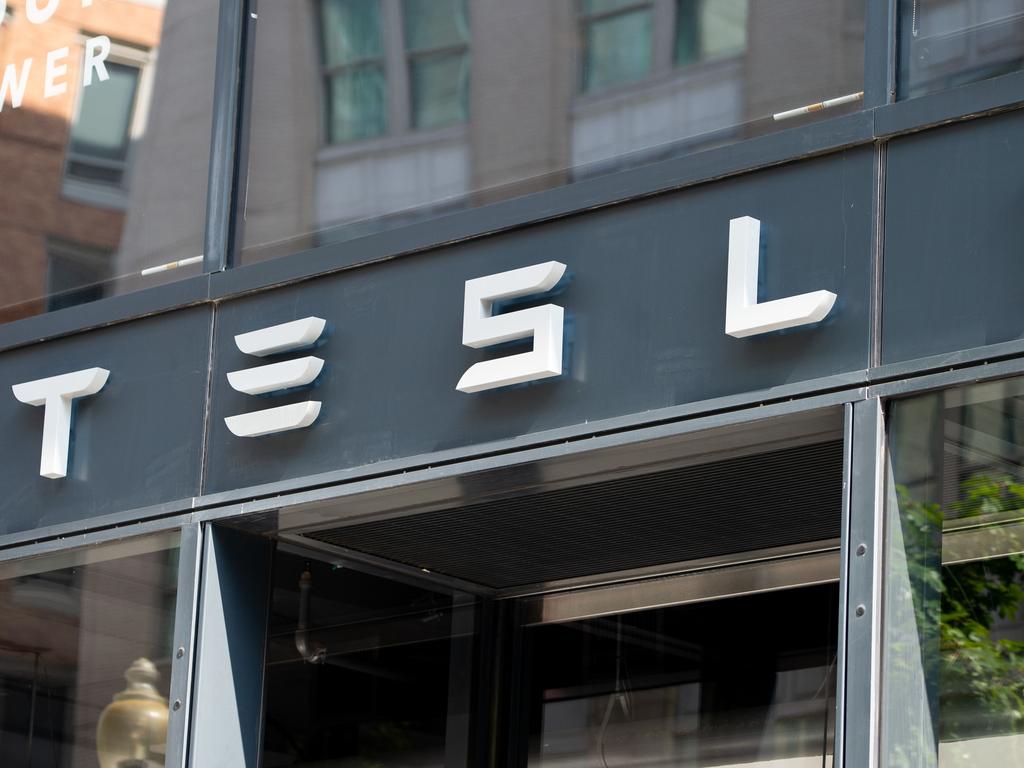
Coal had been the latest, and now with China’s 169 per cent duty, Treasury Wine Estates’ top-quality wine is effectively sunk, wiping out an estimated $550m trade for this company alone.
On BAML analyst David Errington’s estimates, this would have accounted for roughly half TWE’s forecast earnings in 2023 of about $1.1bn.
That money is not lost yet, but with China’s doors effectively closed the options include backdoor trade through Hong Kong and finding alternate markets.
On the same day China fired its full armoury, the Australian Dumping Commission issued its preliminary findings against about $10m worth of steel pipe imports from China with preliminary duties of up to 20 per cent.
Beijing was thorough in its review of claimed subsidies with a list of 37 different programs helping the Australian wine industry, including land conservation programs and sustainable water projects. To a farm sector that prides itself on being free of such support, the Chinese claims are trumped-up charges to prove a political point.
But that is the reality now facing Treasury boss Tim Ford, who had his worst fears confirmed on Friday.
He will spend the weekend working out how he can sell some upside to the market when he presents, probably on Monday.
Ford was also looking at programs like bottling bulk wine exports in China to add a local element, but this is more a long-term shot, including joint venture partners in China.
As a guide, in 2019 TWE shipped 660,000 cases of top-quality wine to China worth about $168m and 2.6 million cases in total worth $190m.
That tells you there were two million cases of low-quality wine that will have to be dumped on other markets in the region.
It will not flood the Australian market with top-end Penfolds product, but this will mean a hit to its balance sheet with this wine kept on its books until a buyer can be found. This is in line with existing policy of trying to keep the value upside on wine before it hits the retail shelf.
The news sent TWE’s stock price down 13 per cent to $9.23, down some $10 a share from its value two years ago.
The most positive view has TWE selling as much as $300m of $550m in China earnings to other markets. This would still leave 2023 earnings at $737m, down from $1.1bn in 2020.
It’s a significant hit and if Ford wants to take any solace it is that he is not the intended target, it’s Scott Morrison.
Taking lead on climate
This week’s creation of yet another business group talking up climate change highlights the apparent gulf between business and Canberra on the issue.
Of potentially more significance was the bipartisan support for NSW Energy Minister Matt Kean’s renewable energy legislation.
Support from the ALP and Greens made a mockery of former prime minister Malcolm Turnbull’s decision to run from the NEG scheme in 2018 because of a handful of opponents on his side of the house. He was unwilling to trust the ALP to back proposals that had unanimous support from the states and business in combining climate change and energy policies.
But Keane’s handiwork also highlighted the perceived policy vacuum from Canberra that, misguidedly, some companies are taking as a reason not to make their own decisions.

The Climate Leaders Coalition is an extension of Richard Branson’s B Team and includes an eclectic mix of FMG, AGL, BHP, CSIRO, CBA, Deloitte and Santos under joint chairs David Thodey and McKinsey Australia boss John Lyddon. It follows the creation earlier this year of the Energy Transmission Network led by Monash University and including NAB, AustralianSuper and the CSIRO.
The coalition was organised by Lynette Mayne from the B Team and Citi’s Keith Tuffley, with external speeches from renewables guru Schneider Electric’s Jean Pascal Tricoire and Ikea’s Jesper Brodin, against a backdrop in which Australian business and political leadership is seen to be lagging the world.
The concept is collaboration.
Households have already seen the light, with one in four houses powered by solar energy, which makes you wonder why politicians are not joining in, with few prepared to go to war on the issue.
Market regulator AEMO says that, by 2025, 75 per cent of Australia’s power could come from wind and solar.
Climate Market Institute surveys show 76 per cent of people think climate change is integrated enough into COVID recovery plans and 88 per cent want a commitment to net zero emissions by 2050.
This month’s commitment from Woolworths to join the RE100 group in committing to 100 per cent renewable electricity by 2025 is a step forward, actually putting words into action.
Business has long accepted the reality of climate change but wants the government to lead the way and in its absence will rightly make its own targets.
Kean’s efforts are both applauded and feared because they show the states are going it alone, which could result in turmoil.
Federal Energy Minister Angus Taylor is, like some in industry, looking forward to some of the missing detail around Kean’s push to fast-forward renewable development.
Some in Canberra argue that the split with business is not as large as is presented by the newspaper headlines.
The reality is for Scott Morrison there is arguably limited upside from talking up climate change and plenty of downside given the handful of Luddites on his side of the house. Those in the middle are keeping their heads down.
Leadership, of course, takes action despite this backdrop and that hasn’t happened yet.
Taylor argues technology will lead the way and, in any case, Australia is tracking its international commitments.
The reality is the world is already moving ahead.
The risks for ALP leader Anthony Albanese were also underlined by the recent decision by Joel Fitzgibbon to step down from the front bench to give him more freedom to attack party climate policy.
Business leaders face zero downside in talking up climate change, in fact the opposite is probably the case.
Investors, staff and even regulators are demanding more action, which means the leadership needs to talk but better still actually make concrete changes.
As one sceptic noted, talk is cheap and actually dollars spent or decisions that hurt the company in the short term must be seen before business can be believed.
Likewise, business can’t blame the lack of government for indecision — it has to act now.
This is easier said than done for energy companies given potentially conflicting policies between states and Canberra, while policy uncertainty delays decisions that benefit shareholders.
It’s not ideal, but companies must act on what they can control.
AGL’s Brett Redman for one is long coal and unimpressed with NSW’s plans but also understands where the trends are heading so needs to make his own stance
Increasingly, international investors including the passive funds are demanding action, so banks are questioned about just why they have any exposure to the coal industry, which is not considered to have a sustainable future.
There is a clear economic interest in business being seen to be green.
Next year the Glasgow Climate talks in November create a new deadline for commitments from the federal government, but debate around 2050 targets is unhelpful with the exception that there is at least a long-term goal.
Business is increasingly looking at its solutions like the recent convertible bond issue by Schneider Electric in which the terms set are based in part on commitments to meet set carbon and gender targets that if not met will mean the company pays more.
The market has moved.








China’s government has sent a clear message to Canberra that its trade fight is serious and intended to cause serious harm to Australian exporters.